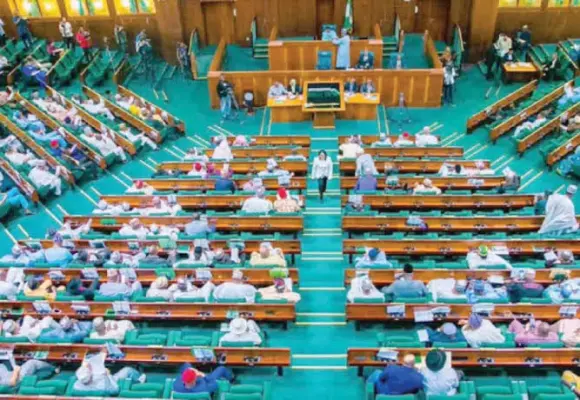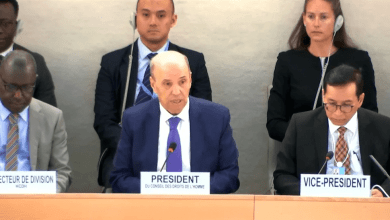
The GMO-Free Nigeria Alliance, which consists of over 200 individuals and organizations—including farmers, civil society groups, scientists, nutritionists, legal experts, and medical professionals—has urged the National Assembly to impose a complete ban on genetically modified organisms (GMOs) in Nigeria.
At a public hearing organized by the House Committee on Agricultural Production, the group expressed concerns about the potential impact of GMOs on the country’s food systems, human health, and the environment, and accused external forces promoting GMOs of contributing to insecurity in Nigeria.
During the hearing, Johnson Ekpere, a consultant for the alliance, presented a memorandum to the committee, calling on the government to immediately halt the distribution of GMOs and adopt a policy against their use. “We recommend a national moratorium on GMO distribution and circulation until conclusive evidence on their effects is obtained,” Ekpere said. He further criticized the government’s adoption of GMOs as a quick solution to agricultural challenges, warning that it could jeopardize Nigeria’s food sovereignty, biodiversity, and public health. He called for a shift toward agroecology, including organic and regenerative agricultural practices, which have proven to be sustainable alternatives.
The alliance highlighted the lack of productivity gains from GMOs in Nigeria. For example, the National Cotton Association of Nigeria (NACOTAN) reported no significant increase in cotton yields from GM cotton seeds since their introduction in the 2020/2021 farming season. Farmers also raised concerns that GMOs led to reduced productivity in subsequent planting seasons, forcing them to buy new seeds each year.
The group also pointed to potential nutritional issues with GM crops, such as reduced beneficial compounds and increased allergenic substances. They referenced Burkina Faso’s decision to phase out GM cotton in 2016 due to poor quality, while the same variety has been approved for use in Nigeria.
Additionally, the alliance criticized the absence of labeling for GMO products in Nigeria, making it difficult for consumers to identify genetically modified foods. They expressed concerns that unregulated imports of processed foods containing GMOs could pose significant health risks.
Following the hearing, Qrisstuberg Amua, Executive Director of the Center for Food Safety and Agricultural Research, accused foreign interests of fueling insecurity in Nigeria to promote GMOs. Amua, a professor of bioinorganic chemistry, also raised concerns about the long-term health effects of GMOs, suggesting that they may be linked to declining fertility rates.
In response, Senator Abubakar Kyari, the Minister of Agriculture and Food Security, reassured Nigerians that the government would not promote anything harmful to its citizens. He emphasized the role of seed councils, regulatory bodies, and research institutes in ensuring the safety of agricultural inputs and called for collaborative efforts to address concerns about GMOs.
The public hearing marked an important step in Nigeria’s ongoing debate over the role of GMOs in agriculture and food security.





